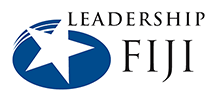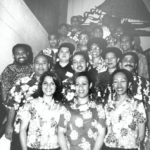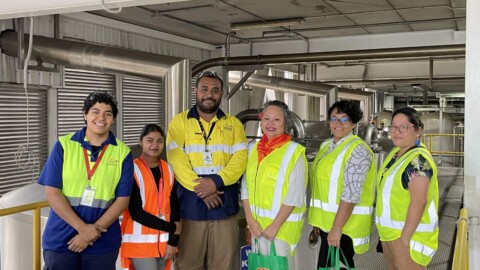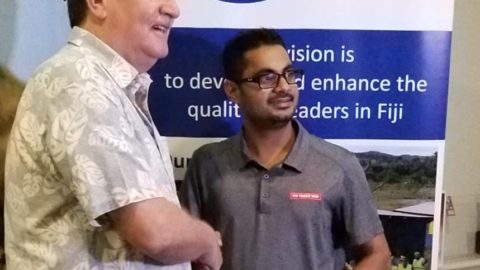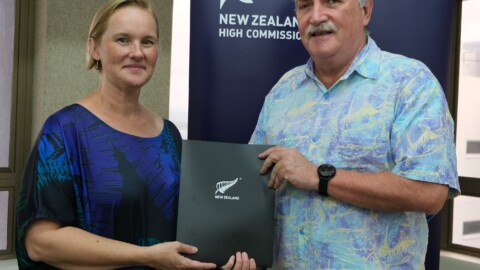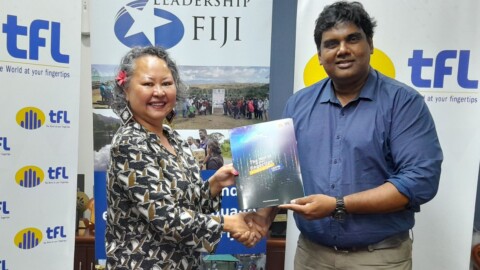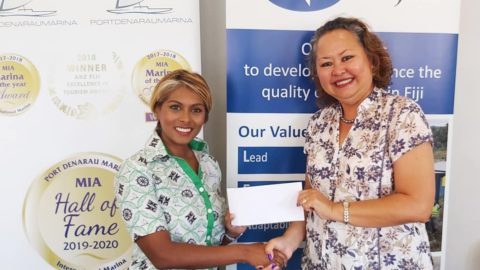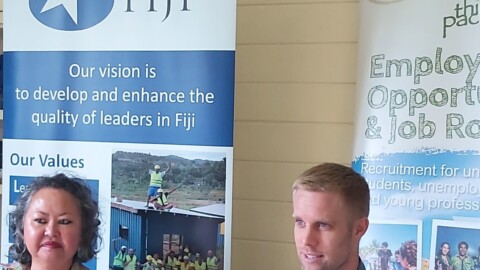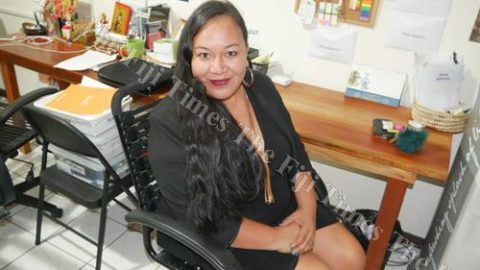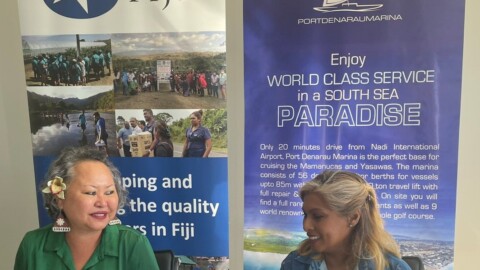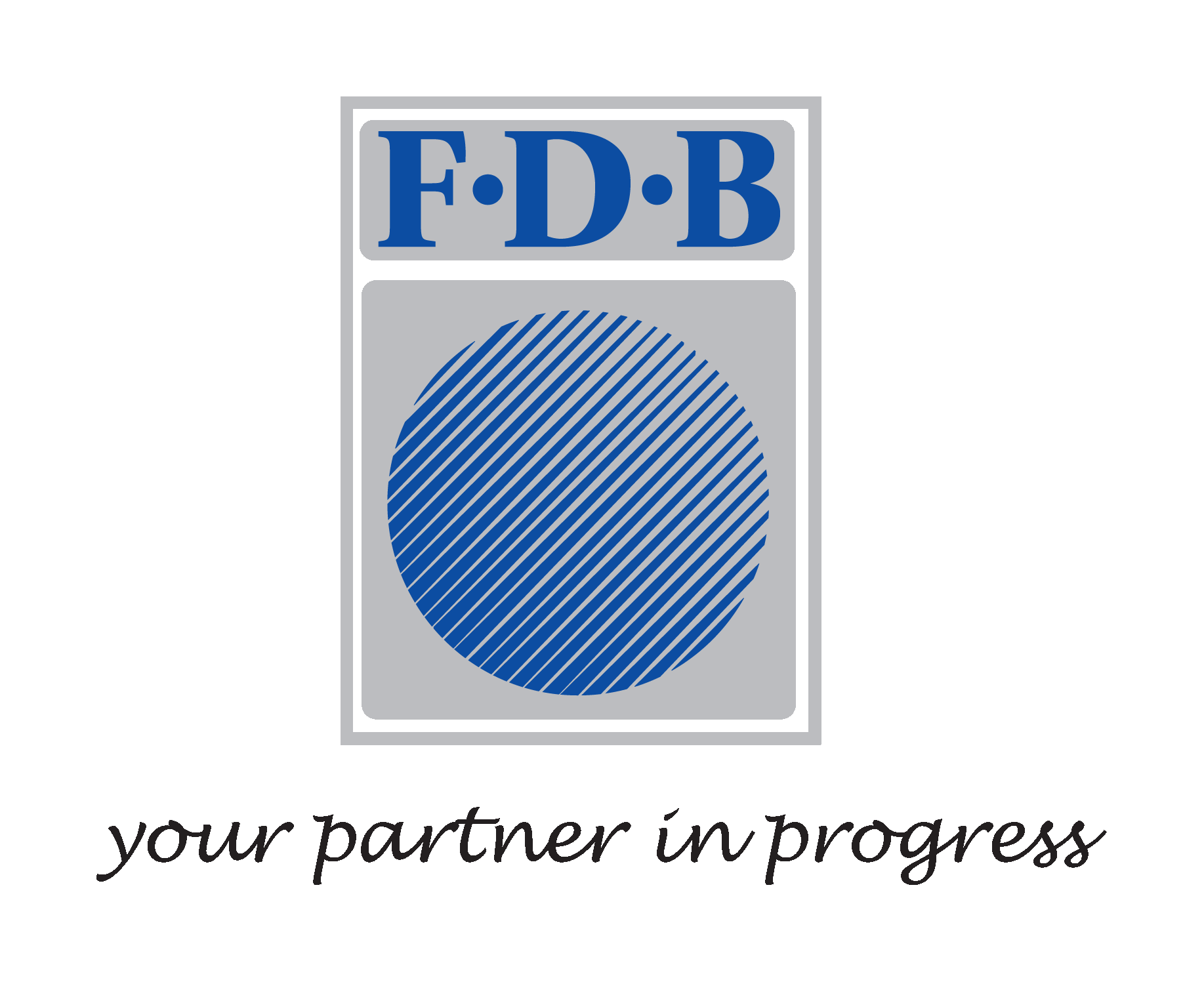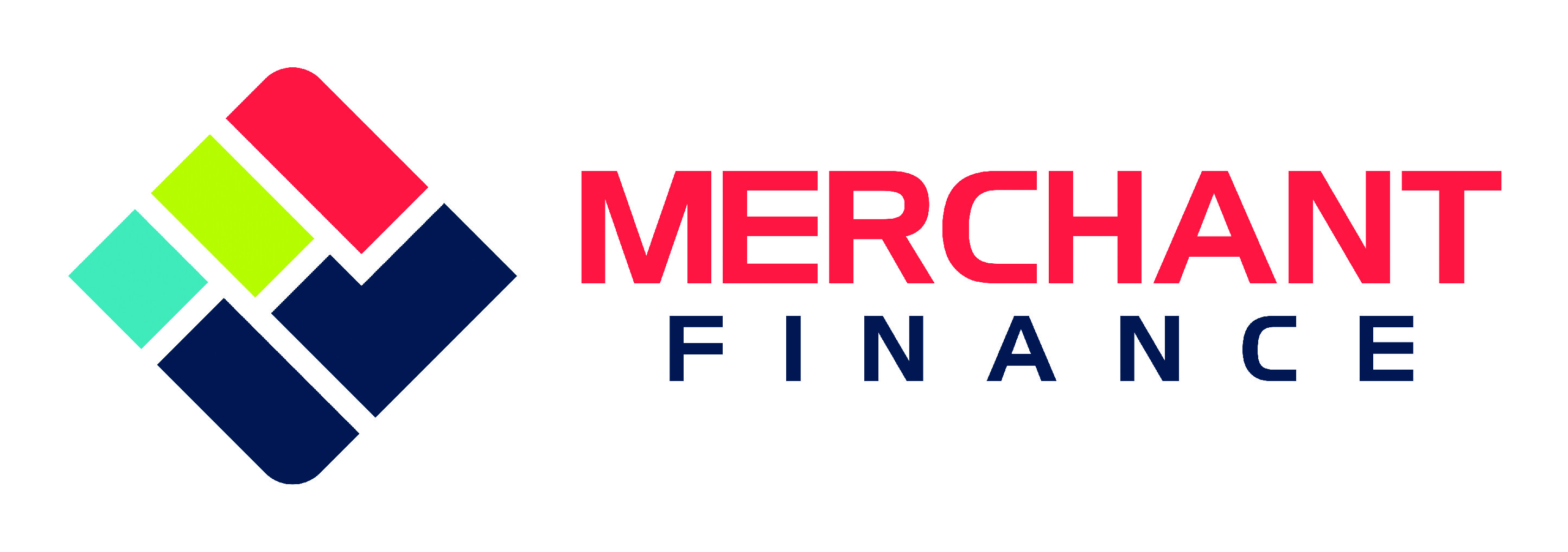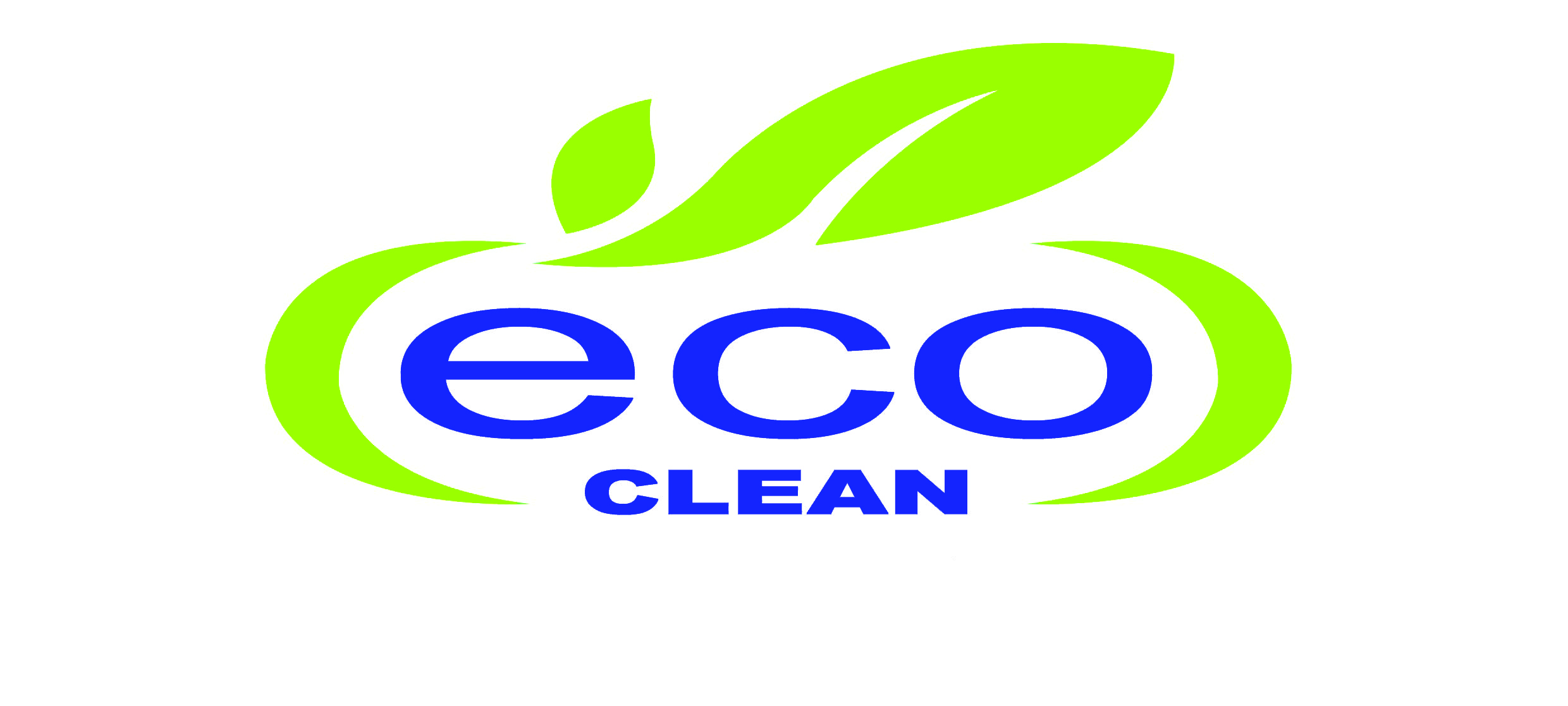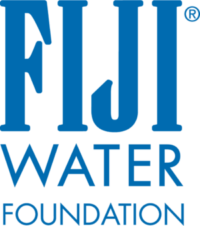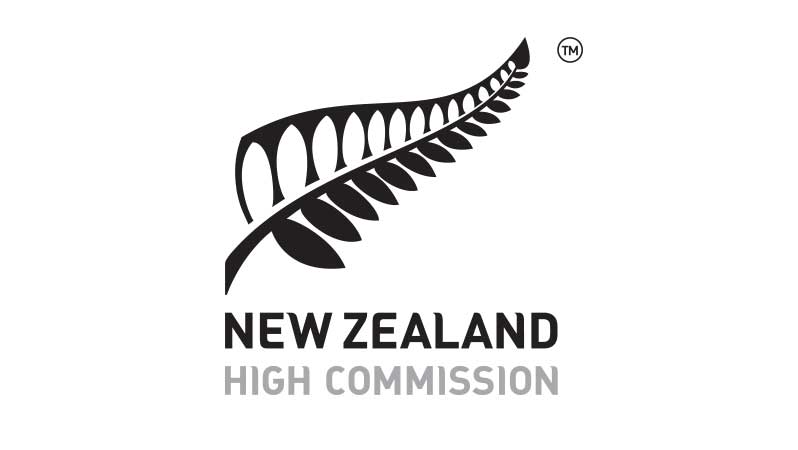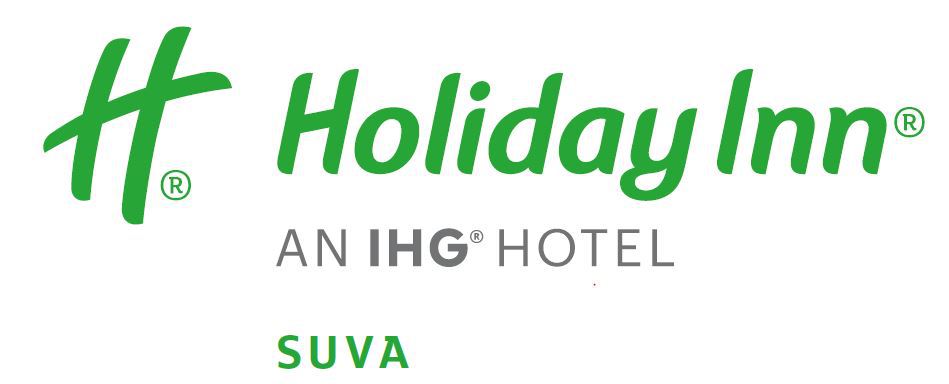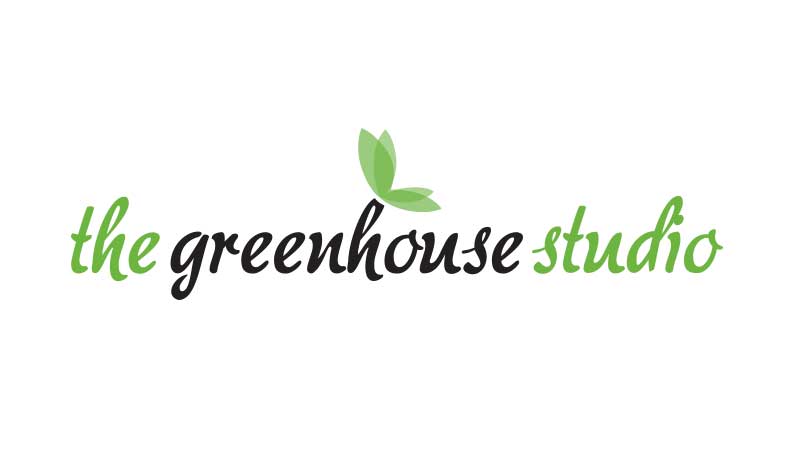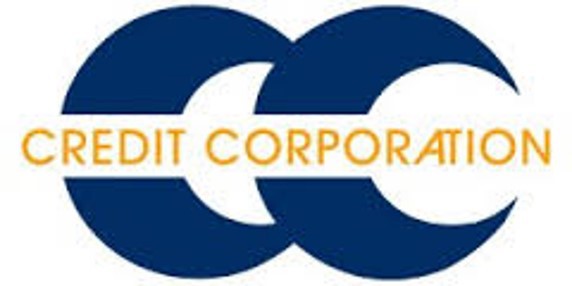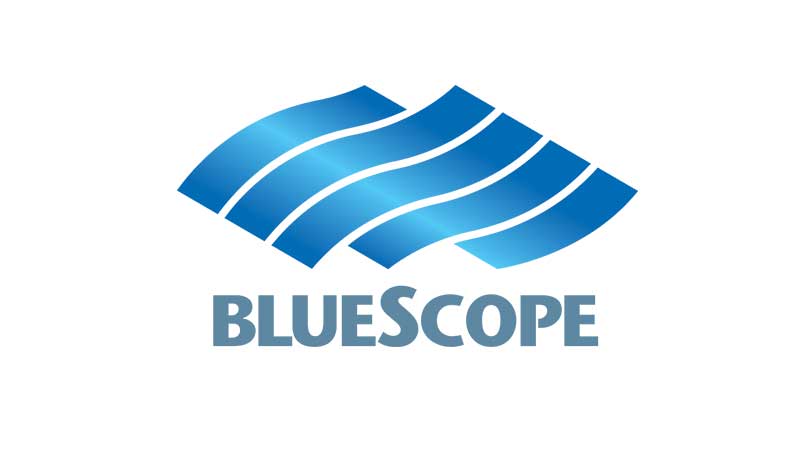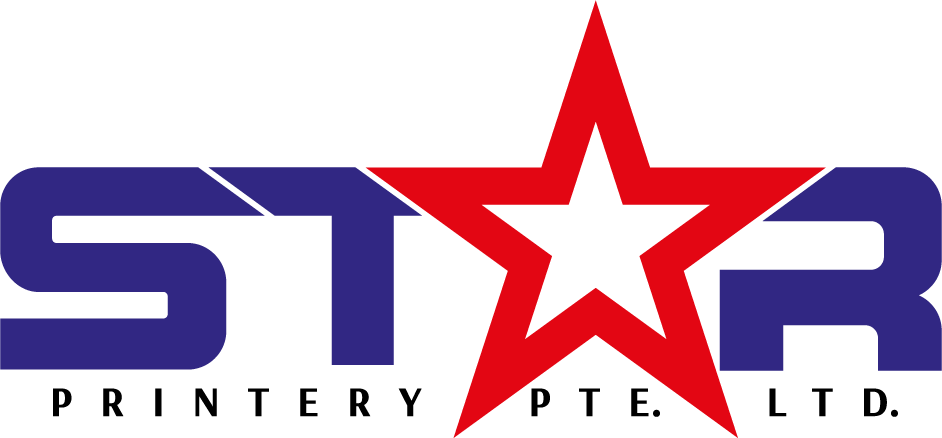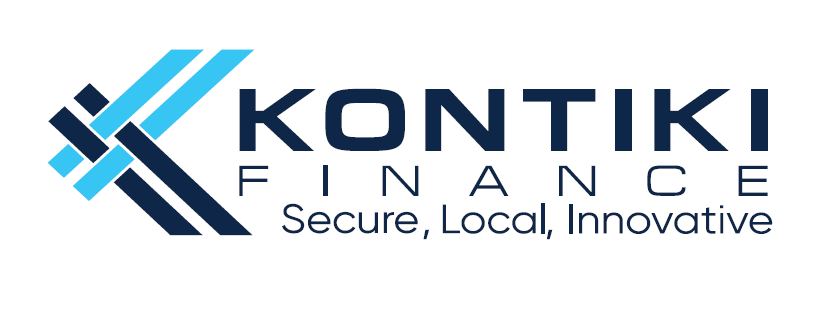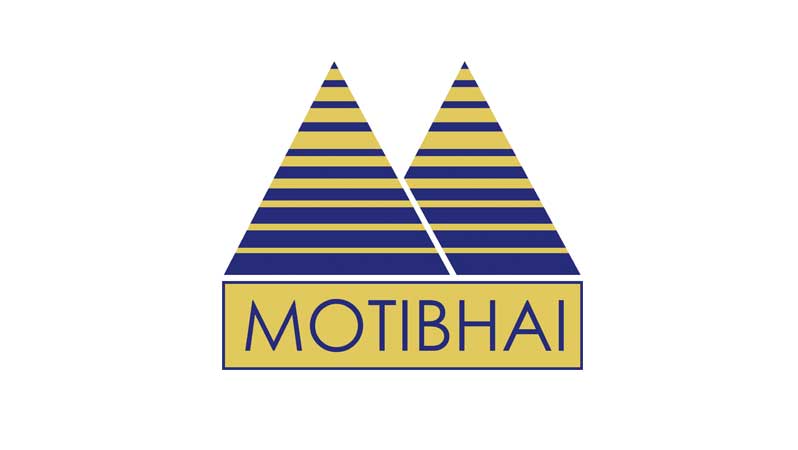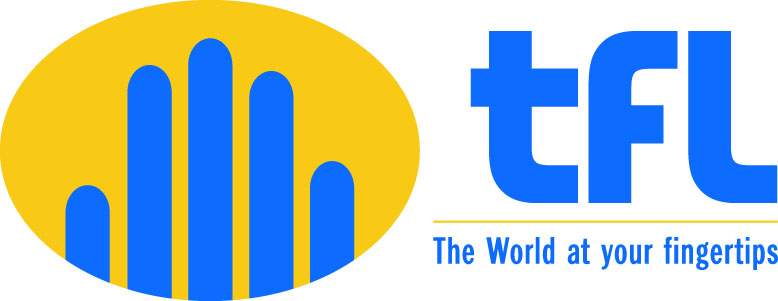Questions:
- Please tell us about your experiences as a participant of Leadership Fiji 2002.
- I joined the Leadership programme in the same year as I started my role as the Executive Director of the Fiji Women’s Rights Movement. I was one of five women in the first cohort of 20 participants. My female peers included Eseta Nadakuitavuki, Marica Hallacy, Salote Uluinaceva and Vineeta Nand. The experience was a great opportunity to learn about Fiji through a social, economic, cultural and political lens. It was also a learning space where different people means different views, some even at the ideological level. The programme strengthened my capacity to hear and try to understand an opposing view but also hold mine. Sometimes my views changed because I saw or learnt something new that I had not considered.
- Share with us some of your best memories of the LF2002 program.
My three favourite memories are : going underground to the Vatukoula mines , visiting a working sugar cane farm in Lautoka and having conversations with rugby legend, John Eales.
- What were some tips shared by some of the speakers that shaped you as a leader?
No one who I met at the LF programme shared tips or hacks but what the great leaders did have in common were : hearing different perspectives to strengthen your own learning , being organised and also being flexible because things dont always go as you planned. So everything I picked was about changing my behaviour and mindset…having a growth mindset.
- Tell us about other leadership programs that you attended and how that shaped you?
My experiences with Leadership Fiji (LF) and another regional leadership programme, I completed 12 years ago, forced me to relook at my leadership vision. The regional programme in 2014 focused on creating strong containers of trust and participants were encouraged to show up and to be vulnerable when we feel most at risk.
It was first time I allowed myself to be seen, to be known. It was the first time I acknowledged the traumas I experienced at the hands of the military on Christmas eve 2006. The experience challenged me to confront my trauma and the subsequent effect it had on my relationships with others and my world view.
The realisation made me break down publicly and while I was mortified by my physical and emotional response, the experience led to a breakthrough in the room that day. What I realise now, is that my very existence, who I am, contribute to those around me. It is my presence that affects all those around me, not what I do or what I produce.
- Please share a little more about some important leadership tips that we could all consider, especially at a community leadership level.
Learning how to trust people, and encouraging them to trust you, is a far greater source of leverage than all the productivity tips, tricks, and hacks ever conceived.
In Fiji where dissent is discouraged and where forced agreement is the only way to remove road blocks, trust is an issue.
My experience with Leadership Fiji, really helped me work through some of my trust issues. Spending time and getting to know each other beyond our titles and positions, and understanding each other’s desires and fears, cultivated a bond of trust with my fellows that I have been able to project in work and personal interactions beyond the programme.
Understanding that trust can be forged between people who don’t always agree and have diverse views, is a lesson I carry with me everyday.
- 1.Virisila, front right with her LF2002 participants at one of their Retreats.
